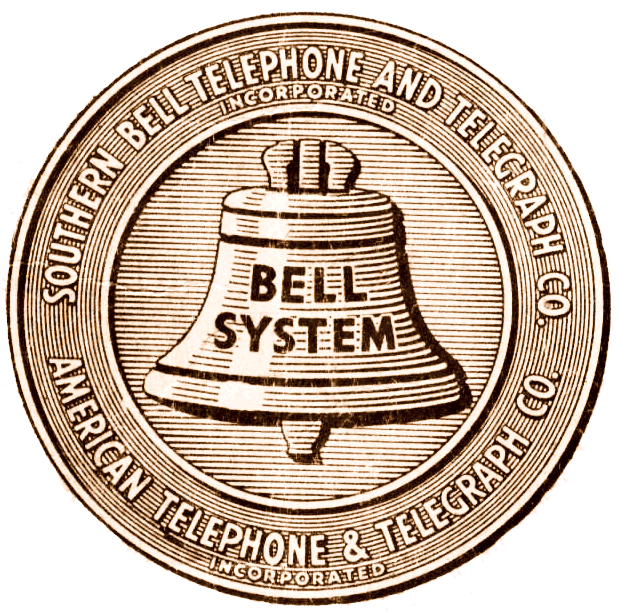Like for example: a drug raid, or they’re accusing you of illegal hacking, or some sort of TheSilkRoad type of stuff.
Assuming the original investigation find no evidence and leads to no charges, could they use the pirated content that you have as a last ditch effort to get you in prison? Not distributing, just personal use.
Not limited to any specific jurisdiction, just want to know what happens in general.
Depends on jurisdiction. In the UK they probably won’t waste their time.
I know police officers who also pirate.Asking for a friend, huh?
IANAL and not really sure if this would hold up for digital assets, but if there is a search warrant, anything in plain view is up for grabs: https://en.m.wikipedia.org/wiki/Horton_v._California. I would assume anything on the hard drive can be evidence in court if it is in plain view of the assets of the search warrant.
But also, for simply possession of pirated content, I don’t think the state would charge you, but you could be open to civil litigation if the copyright holders find out somehow.
EDIT: Looked into it some more, and seems there’s precedent that files of similar type on a hard drive are considered to be in plain view if they match the type of files which would be searched via a search warrant of the hard drive
In the case of United States v. Wong, police were searching the defendant’s computer for evidence related to a murder when they discovered images of child pornography on the computer. Although the warrant was specific to evidence of the murder, the Ninth Circuit held that the plain view exception allowed them to seize the child pornography, as searching graphics files was valid under the warrant and the files were immediately identifiable as contraband.
https://caselaw.findlaw.com/court/us-9th-circuit/1158361.html
If you can show the searcher should understand the orginization of your filesystem then you can argue other places are not to be searched.
only way I can see that applying is if the warrent is about sharing files - files in a non-shared location are not part of the search. I doubt this will ever happen in the real world.
I edited my post to include a case which explains the plain view exception with regard for digital files. From the sound of it, if the warrant were for like a Bitcoin wallet or some data file, then movies and images are likely out of scope, but if the search warrant were for video files, then pirated material would be in plain view of the search.
Based on this, I think it’s safe to assume that if there is a search warrant for video evidence related to a crime, and you have pirated material in a folder called
/media/Jellyfin/Marvel Movies, that content would be admissible. I don’t think you could argue that the analyst should have understood that the only files in that directory were Marvel Movies, because if that were the case, then everyone would hide video evidence of their crimes in a Marvel Movies directory.Though you need to evamine every file because ‘/usr/bin/bash’ might really be an illegal video. (I’m a bsd fan so this would be useful to me if only I had something illegal to hide)
Possession of content – with the unique exception of CSAM – in the USA does not draw a distinction between how it was acquired, whether or not it may have violated a license or copyright. The primary provisions of the Copyright Act of 1976 are to protect the production and distribution of copyrighted works. So unless your stash of content is being hosted on a server for others to access – which constitutes distribution, though one could possibly argue that if no one ever accessed it, it’s not distribution – then the mere possession does not incur criminal liability. Of course, civil liability may attach, meaning that the copyright holder could sue you for the cost of buying a legit license. Though there’s zero reason for the police to pass that info to whomever the copyright holder is. Whether police can gratuitously share investigation info with a third-party is a matter of state law.
But the other potential criminal charge could come from the infamous DMCA, whose provisions make it a crime to circumvent DRMs. Though this provision has an out, whereby certain circumvention is permitted as exceptions for designated purposes, created and renewed through a regulatory process. Outside these exceptions, the standard defense of fair-use for copyright infringement does not apply to a charge of DMCA circumvention. So if the police could put together evidence that your content stash is the product of circumvention, and other evidence shows that you used or have the tools/software to perform that circumvention, that’s technically a charge which could be leveled.
This would take a colossal amount of effort, for something which generally has to be brought by the (federal) US Attorney’s office, rather than a state-level District Attorney. So realistically, this would only really be considered if you somehow managed to annoy an FBI investigator enough. And even then, it’s quite petty to charge DMCA circumvention alone.
If your content was purely acquired through download-only means – as in, not BitTorrent – then I can’t think of what criminal charge could be raised. But IANAL.
Depends on what they were looking for? I would think so if they need an excuse to lock you up on charges while they investigate something else or to squeeze you.
Seems more like an “Ask a copyright lawyer” question.



